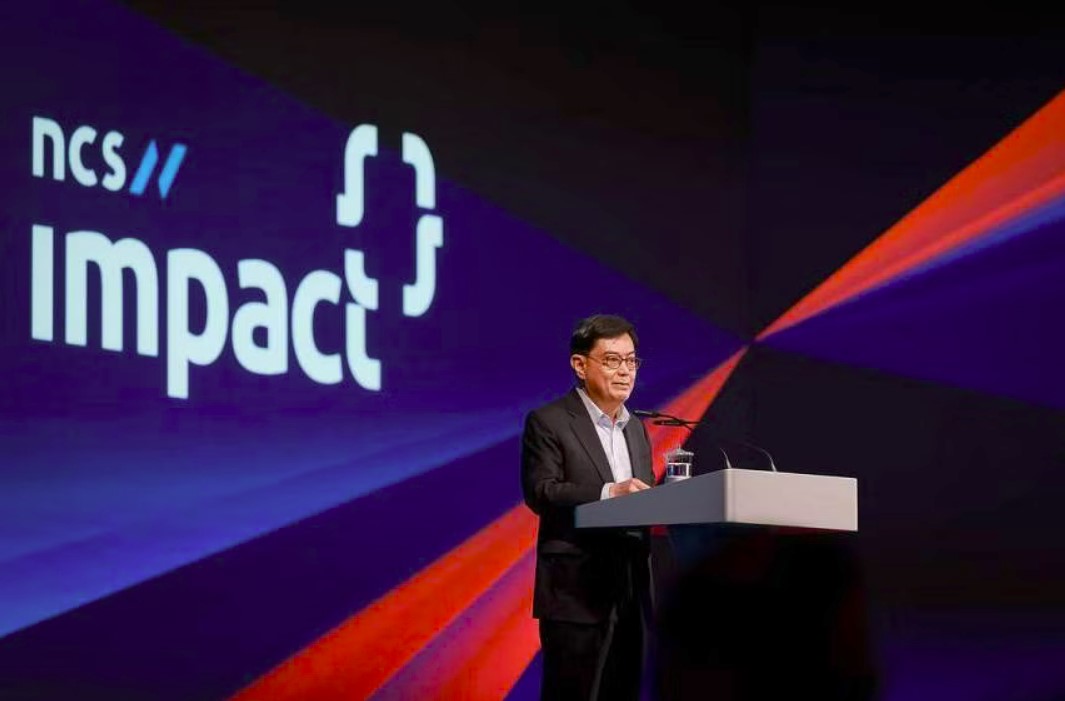July 12, 2024
SINGAPORE – At Changi Airport, an artificial intelligence (AI) system scans the runway for metal parts, wildlife and animal carcasses that can damage aircraft or disrupt flights.
Named iFerret, the AI sees through a series of high-definition cameras deployed along the runway, flagging debris and other foreign objects as small as 4cm round the clock.
Developed in collaboration with technology services provider NCS, the system is expected to be fully deployed across all of Changi Airport’s runways by the end of 2024.
An early version of the image-recognition system had been used since 2009, but the airport has upgraded to a more accurate version of it.
The new system, which was first rolled out on some of the airport’s runways in 2021, is more accurate as it is trained to avoid flagging images that are unlikely to be debris, such as reflections on a damp runway, reducing distracting false alerts by 90 per cent, NCS’ spokesman told The Straits Times.
As extra eyes for air traffic controllers, iFerret provides a 24-hour scan of the runway, instead of relying only on airport staff who scan the runways several times daily.
The NCS spokesman said: “No one knows when a foreign object might creep up onto the runway, so that’s where the AI comes in.”
“When it comes to flights, the most critical period is take-off and landing, and even something as small as a monitor lizard can be a disruption and impact the process.”
iFerret was among the AI projects presented at the NCS Impact tech conference, held at the Marina Bay Sands Expo and Convention Centre on July 11, which brings together at least 1,000 tech professionals to discuss and showcase technology.
NCS announced plans to train 3,000 employees – more than a fifth of its regional workforce – as AI practitioners over the next three years, so they are competent in deploying and designing AI solutions, said Ms Wynthia Goh, a senior partner at NCS’ digital services arm Next.
Trainees will attend programmes offered by schools and tech companies, as well as those under the Infocomm Media Development Authority’s Information and Communications Jobs Transformation Map and the TechSkills Accelerator initiative.
Within this group, 300 staff will be trained as AI experts with deeper AI expertise, Ms Goh said.
The push for more tech-trained talent falls in line with the national agenda to triple Singapore’s AI talent pool to 15,000 over the next five years to match the growing demand for AI solutions.

Deputy Prime Minister Heng Swee Keat said AI and new technologies can help to boost economic growth, adding that the aim is to benefit workers and people, and not to achieve numbers. PHOTO: THE STRAITS TIMES
In his opening speech at the conference, Deputy Prime Minister Heng Swee Keat said AI and new technologies can help to boost economic growth, adding that the aim is to benefit workers and people, and not to achieve numbers.
AI has the potential to help humanity solve complex problems in pharmaceuticals and take over tedious or dangerous tasks, but the technology can come with risks such as inaccuracies and cyber threats that must be managed, DPM Heng said.
“To effectively harness the potential of technology, we need to combine the best expertise and experience across different fields,” he said. “For example, in different areas of technology and in business operations.”
Referring to NCS’ training programmes, DPM Heng said: “(The announcement) to develop an AI-enabled workforce is a valuable initiative to develop talent in Singapore and across the Asia-Pacific to ride the coming wave of change.”
Besides iFerret, NCS showcased more than 50 AI projects at the conference, including an AI-assisted call centre designed to help agents summarise customer calls to transcribe, diagnose the issue and suggest how the matter can be solved.
The system, which is still in development, can also evaluate the quality of the agent’s call and point out areas for improvement.


